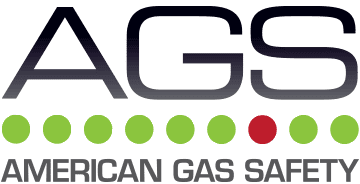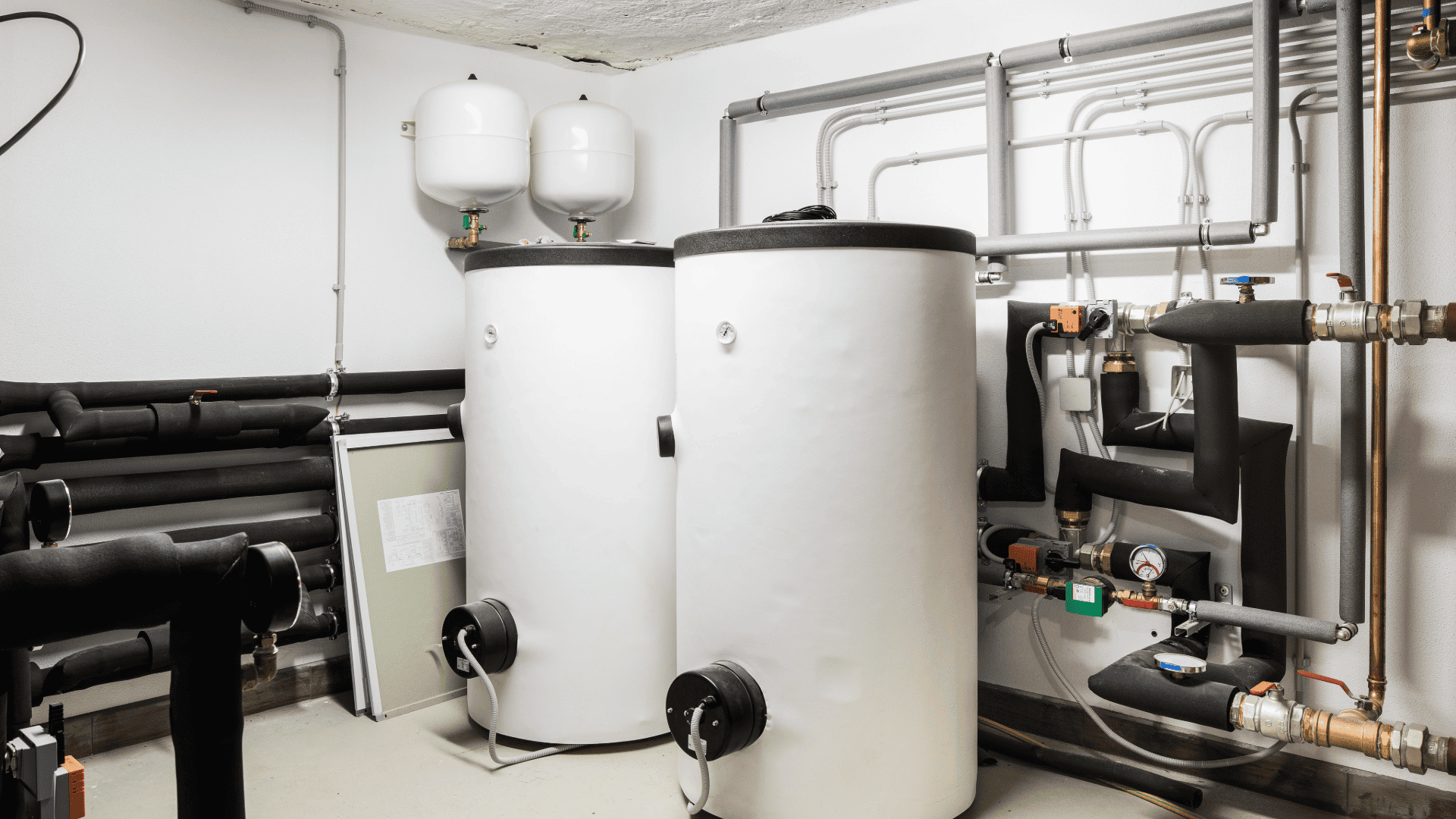Understanding Carbon Monoxide Interlock Requirements in Florida, Georgia and Texas
Introduction:
In the realm of gas safety, carbon monoxide (CO) poses a significant threat, particularly in environments where combustion equipment like boilers is present. As a silent and odorless gas, CO can be deadly if undetected, making it crucial to have robust safety measures in place. Understanding and complying with carbon monoxide interlock requirements is paramount to safeguarding lives and property. In this blog, we delve into the specific code requirements in Florida, Georgia, and Texas, shedding light on how American Gas Safety’s Mini Merlin CO Interlock offers a comprehensive solution for enhanced safety.
Understanding Carbon Monoxide?
Carbon monoxide is a byproduct of incomplete combustion of carbon-based fuels such as natural gas, propane, or oil. Common sources include boilers, furnaces, water heaters, and other combustion equipment used in residential, commercial, and industrial settings. CO is colorless, odorless, and tasteless, making it virtually undetectable without specialized equipment. Exposure to high levels of CO can lead to carbon monoxide poisoning, causing symptoms ranging from headaches and dizziness to unconsciousness and death.
Code Requirements in Florida, Georgia and Texas:
In recognition of the dangers posed by carbon monoxide, states like Florida, Georgia, and Texas have implemented stringent code requirements to mitigate risks. These requirements mandate the installation of carbon monoxide detection and interlock systems in facilities where combustion equipment is present. The interlock system ensures that if elevated CO levels are detected, the fuel supply to the equipment is automatically shut off, preventing further CO emissions and protecting occupants from harm.
The Mini Merlin CO Interlock:
American Gas Safety’s Mini Merlin CO Interlock is designed to meet and exceed the code requirements for carbon monoxide boiler interlocks in Florida, Georgia, Texas, and beyond. This advanced system integrates seamlessly with existing boiler and combustion equipment, providing reliable detection and emergency shutdown capabilities. The Mini Merlin CO Interlock utilizes state-of-the-art sensors to monitor CO levels, triggering an immediate shutdown of the fuel supply or boiler if code required alarm levels are detected. This proactive approach ensures swift action to prevent CO buildup and mitigate risks to occupants’ health and safety.
Conclusion:
In today’s safety-conscious world, compliance with carbon monoxide interlock requirements is non-negotiable. With the threat of CO poisoning looming, states like Florida, Georgia, and Texas have taken proactive steps to enforce stringent safety regulations, which we believe should be carried out nationally to ensure a safer tomorrow for occupants and buildings.

